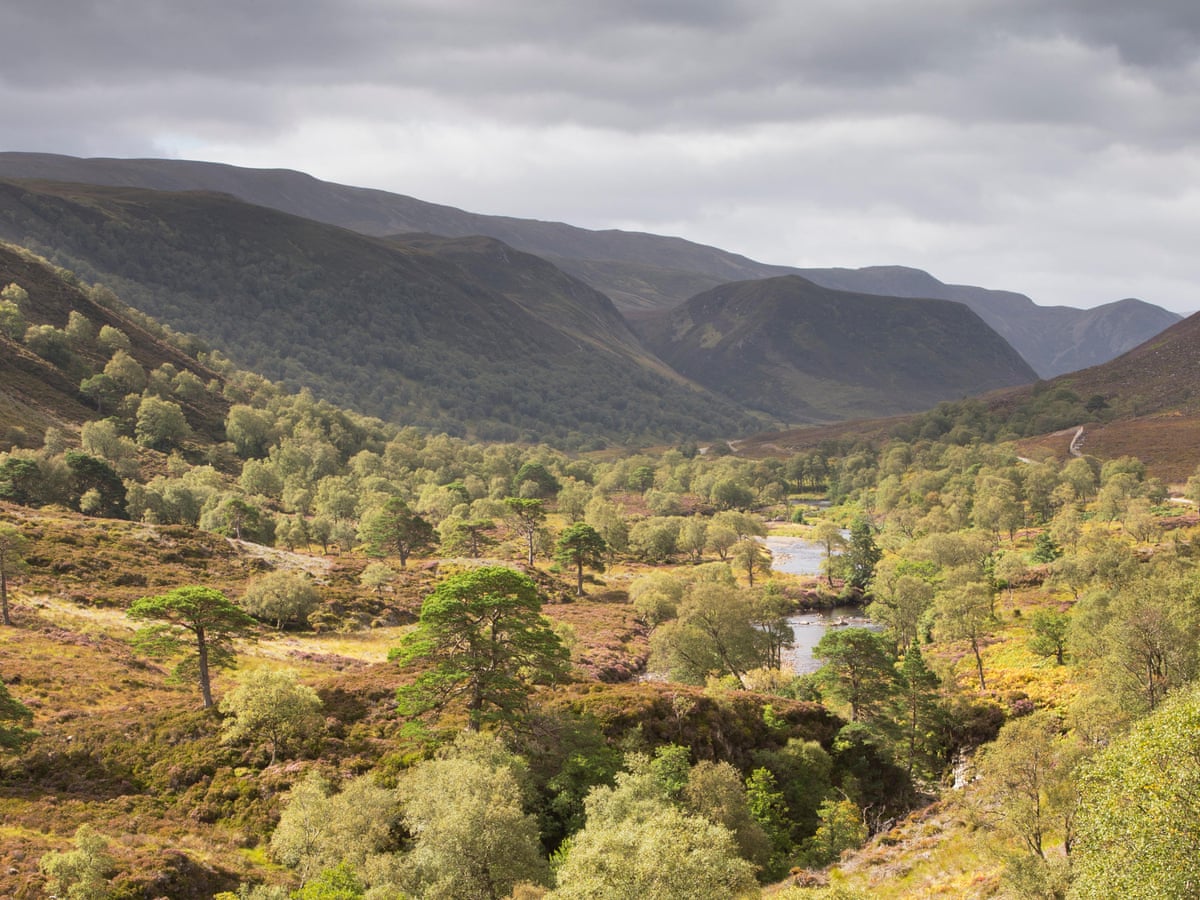
11 May Get Out Into the Wild for Mental Health Week
The second in a series of articles for Mental Health Awareness Week 2021 in the UK, May 10th-May 16th, spotlighting how getting off screens and getting out into nature boosts our mental health.
Nature and Wellbeing
Spending time outdoors and surrounded by nature is key to our mental health and wellbeing. Appreciating the natural beauty of our habitat can boost our mood, offering respite from any feelings of stress or anger we may be experiencing due to the ever-busy nature of our world. Having spent so much of the last year indoors, we are probably all especially aware of the personal benefits of getting outside. In particular, spending time in nature has been found to combat anxiety and depression.
Reconnecting with Nature is Crucial
In an increasingly urbanised world, human beings are losing touch with nature and, consequently, their roots. It is thought that humans in urban areas now spend 90% of their time indoors.
In neglecting the state of our planet and the needs of the species we share it with, we have caused harm to our own personal wellbeing. Especially for those living in cities. The polluted and low-quality air we breathe and the often dull and grey, nature devoid, backdrop to our lives takes a toll on both our physical and mental health. It is time that we acknowledge this and do something to rework nature back into our lives.
Rewilding Britain
Rewilding Britain aims to re-integrate nature with our day to day lives. Rewilding restores land to its natural state; it goes a step beyond conservation, and actively works to reinstate the natural environments and processes that humanity have pushed aside. Through this, rewilding can help reverse species extinction and tackle climate change as well.
By reintroducing wildlife into devoid areas, and prioritising natural habitats, Rewilding Britain is aiming to create a greener, less-polluted world for us to live in. Greater abundance and accessibility of green spaces will only benefit our mental and physical wellbeing.
A growing body of research that illustrates how our increasing disconnection from nature is harming us, and is linked to mental and physical illness. Nature-deficit disorder (NDD) has been coined to describe a recognised condition in children, identified as a contributor to obesity, depression, ADHD, behavioural problems and lowered cognitive ability.
With more opportunities to connect with nature, and a better appreciation of the importance of prioritising time spent with wildlife, we hope we will also be more incentivised to ditch our tech and get outside. Time away from screens in nature will enable us to relax, away from screen-based worries and distractions.
Support the work of Rewilding Britain and The Mental Health Foundation
As we now approach Summer, we want to encourage you to take time away from your tech and get outside. The best way you can personally reconnect with nature is by spending time amongst wildlife mindfully. Go on a walk to a local beauty spot and try to pay particular attention to your senses. Really tune in to the sounds, sights and smells you are experiencing. If you want to find out how you can make a difference in your community and support rewilding efforts, to boost green spaces for all of us, check out the work of our featured organisation Rewilding Britain.
For more information on good mental health and what you can do to support the cause, visit The Mental Health Foundation.
For more suggestions on managing your relationship with tech to benefit your mental health, take a look at our new book ‘My Brain Has Too Many Tabs Open‘.






Sorry, the comment form is closed at this time.